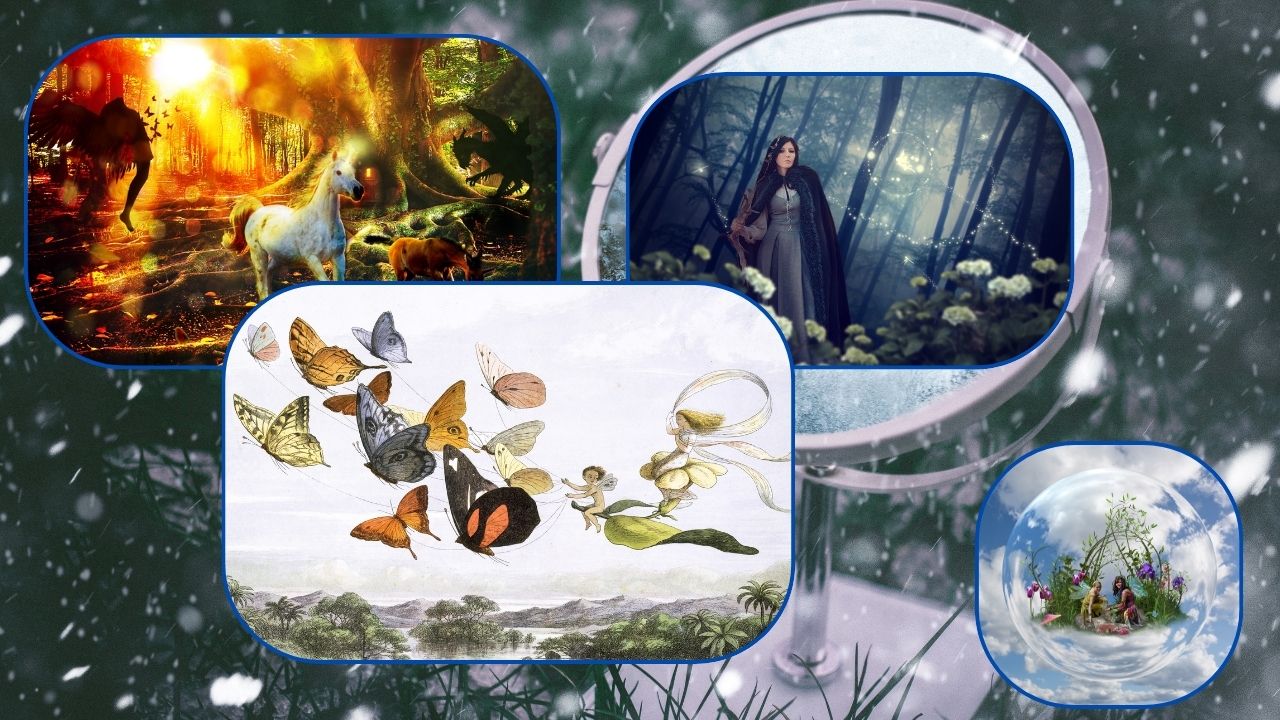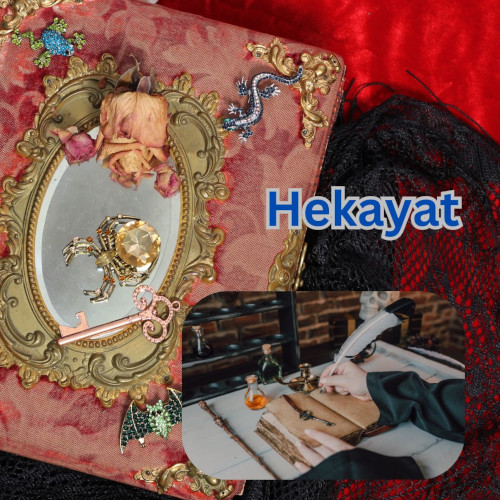Hekayat 1 from Chapter 4 of Golestan of Saadi Shirazi

English Translation for Hekayat
I said to one of my friends: “The reason I often choose not to speak is that when we speak, both good and bad can be said. And the eyes of enemies see nothing but the bad.”
He replied: "It is better that enemies never see any good."
For an enemy does not pass by anything righteous,
Without slandering it as deceitful and arrogant.
In the eyes of enmity, even virtue appears as a great flaw,
Saadi is like a rose, but to his enemies, he appears as a thorn.
The bright, world-illuminating light of the sun,
Appears ugly to the eyes of a blind bat.
متن حکایت
یکی را از دوستان گفتم: امتناع سخن گفتنم به علت آن اختیار آمده است در غالب اوقات که در سخن نیک و بد اتفاق افتد و دیدهٔ دشمنان جز بر بدی نمیآید. گفت: دشمن آن به که نیکی نبیند.
و اَخو العَداوَةِ لا یَمُرُّ بِصالِحٍ
اِلّا و یَلمِزُهُ بِکَذّابٍ اَشِر
هنر به چشم عداوت بزرگتر عیب است
گل است سعدی و در چشم دشمنان خار است
نور گیتی فروز چشمهٔ هور
زشت باشد به چشم موشک کور


